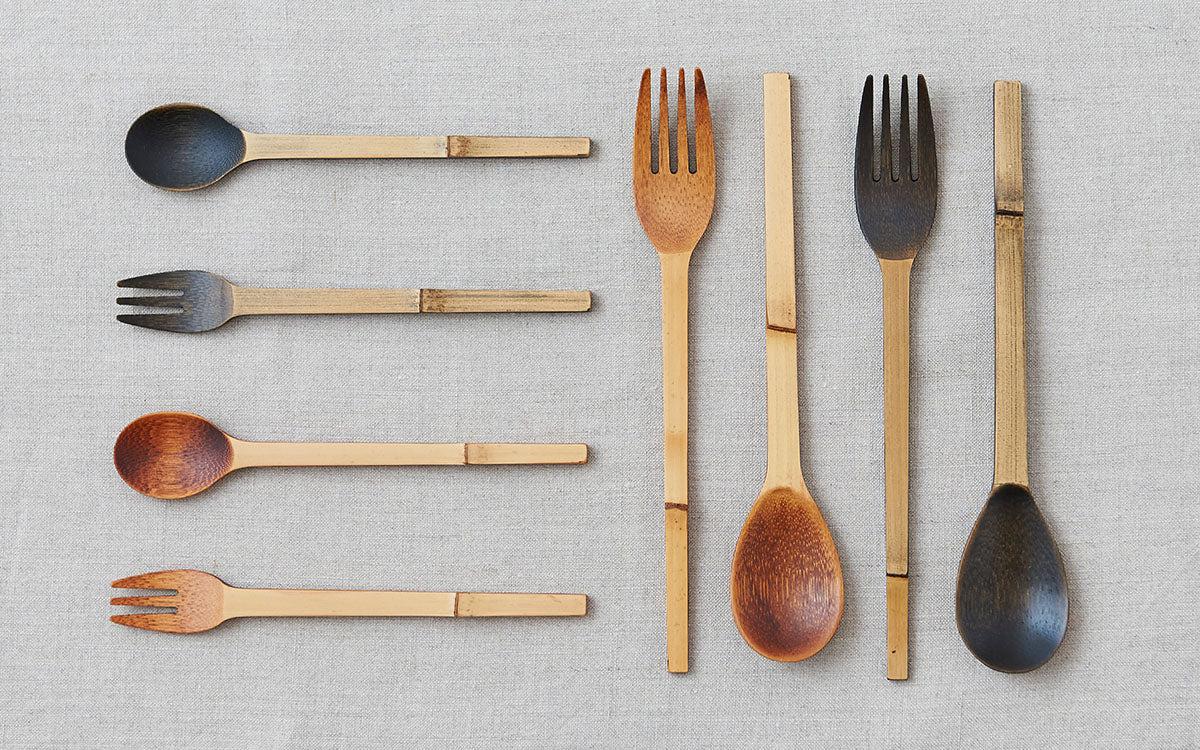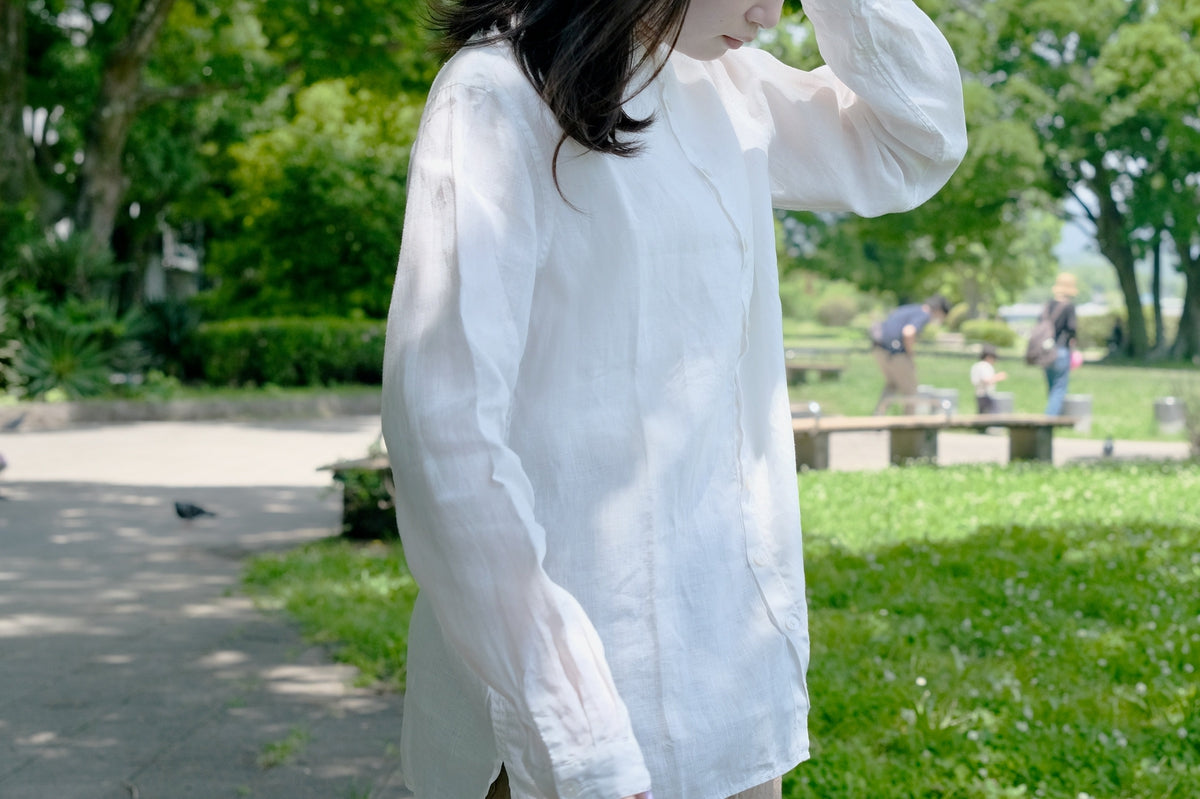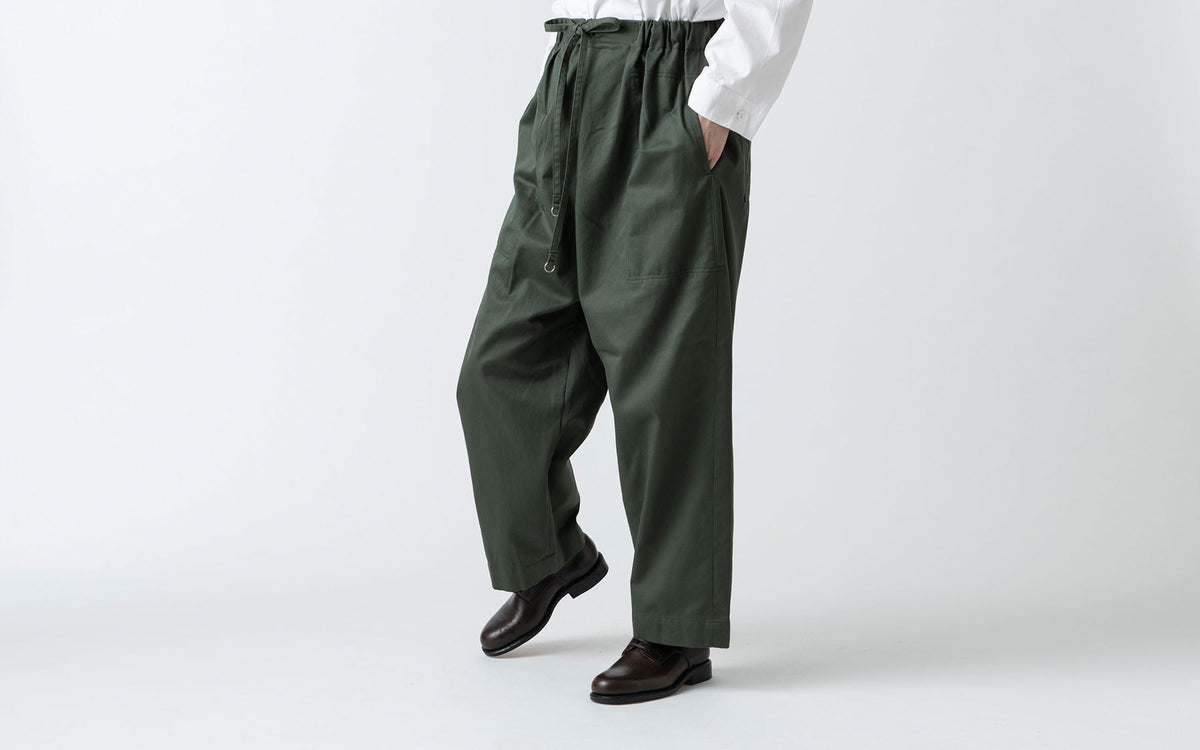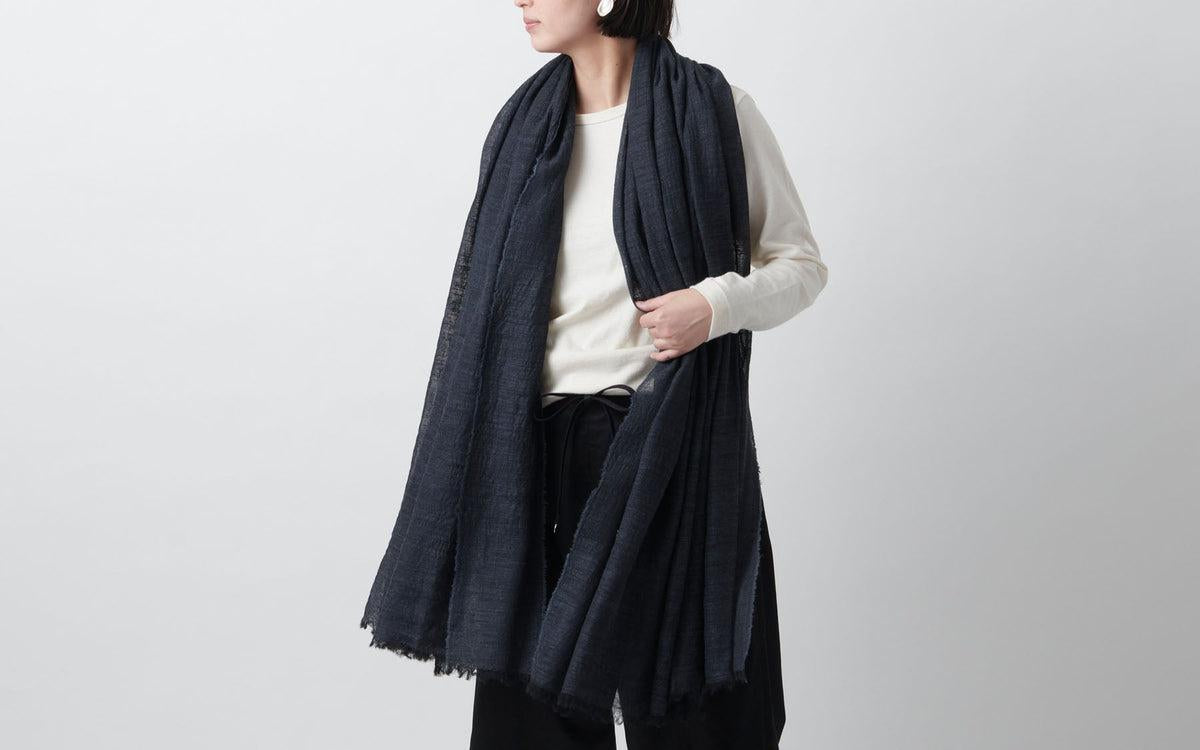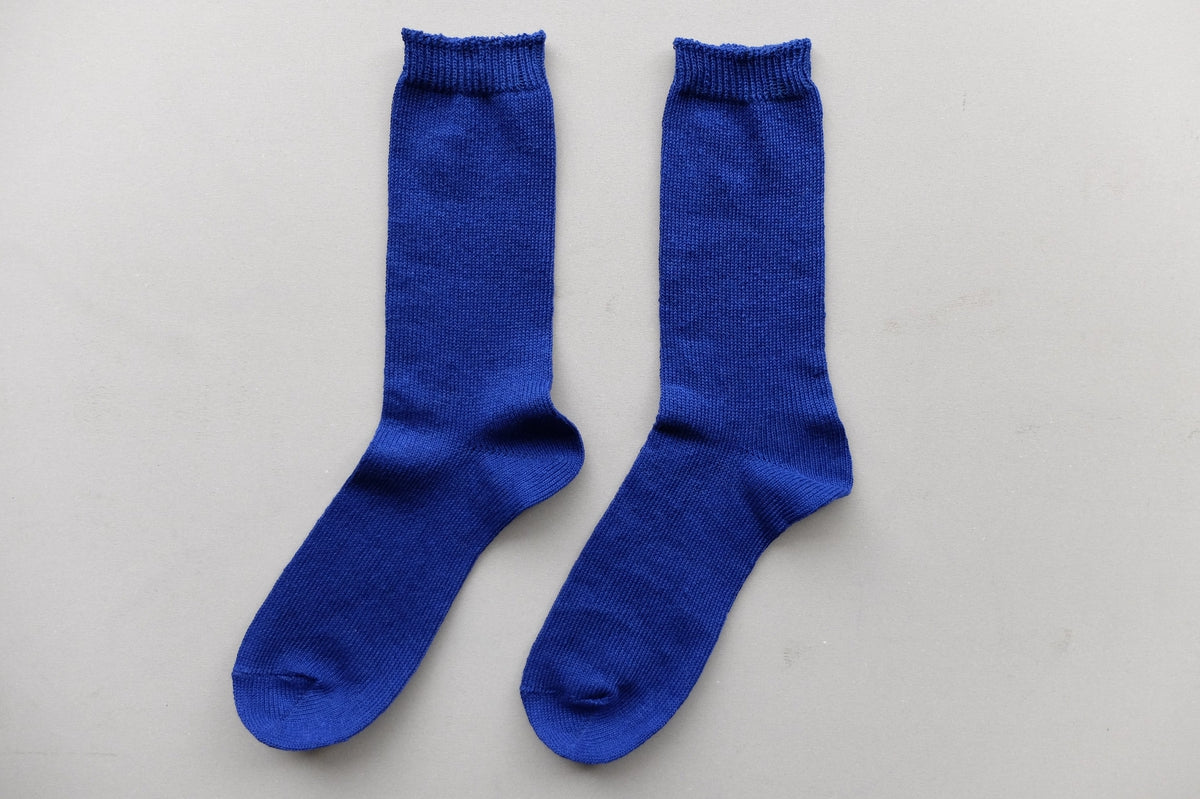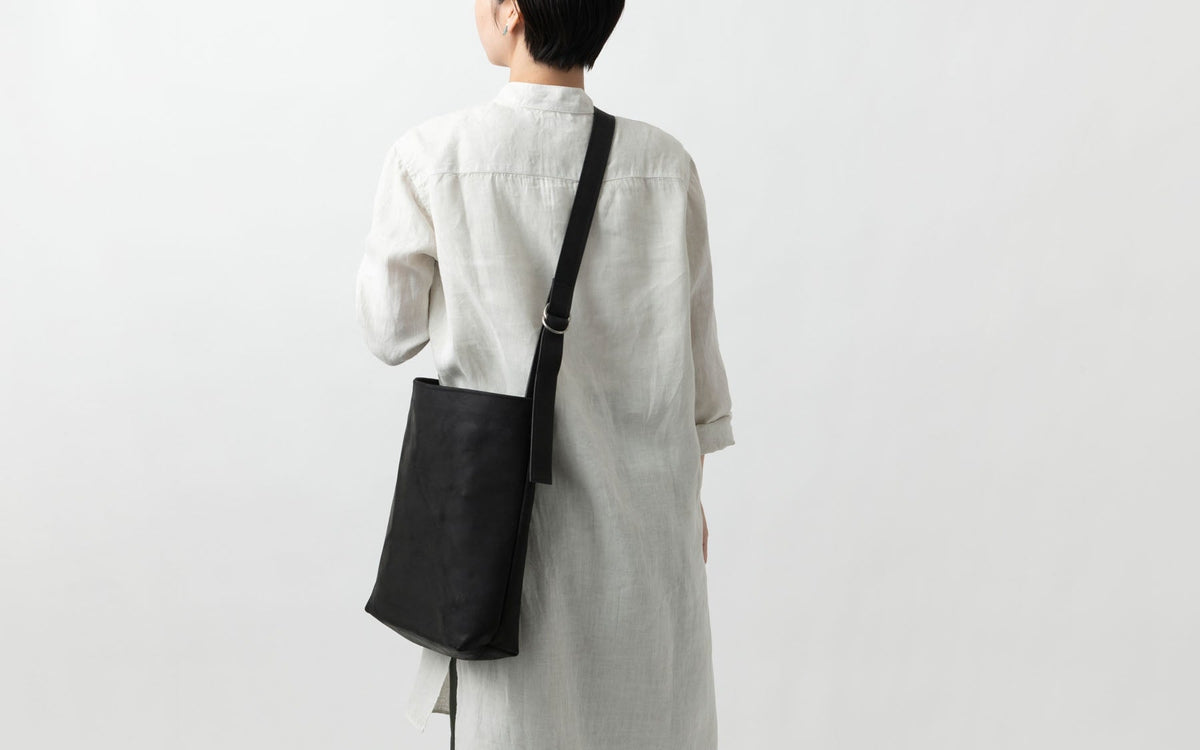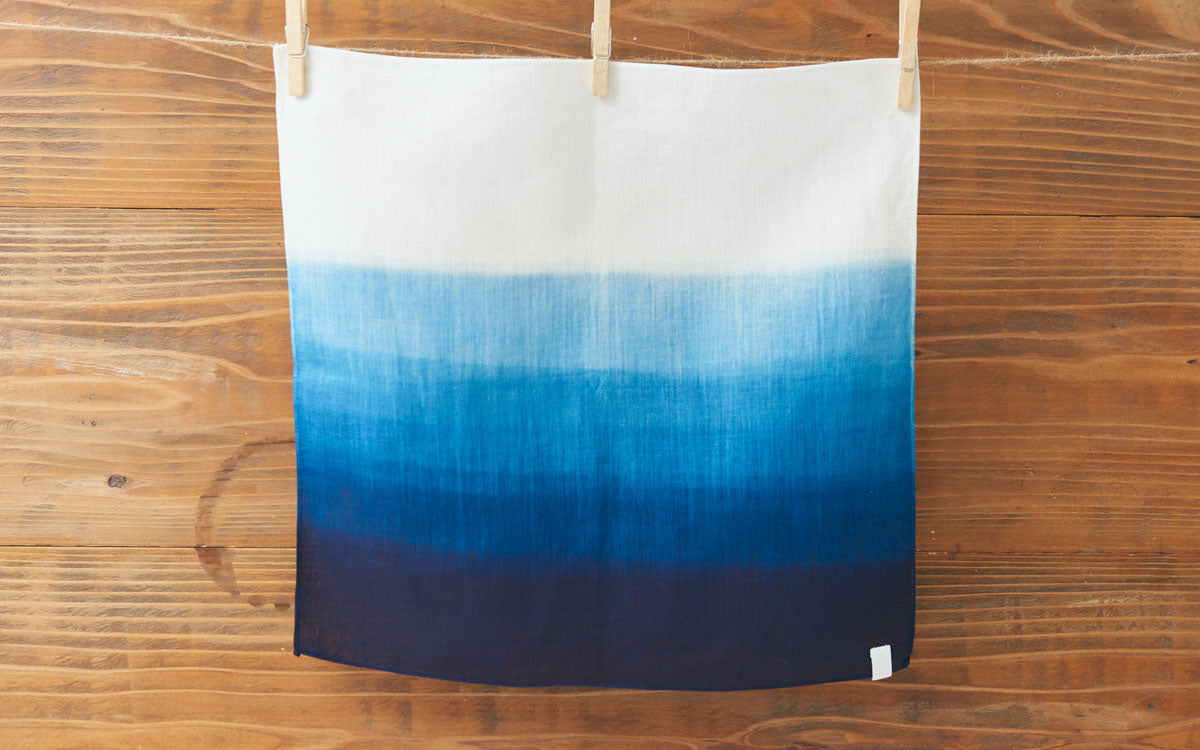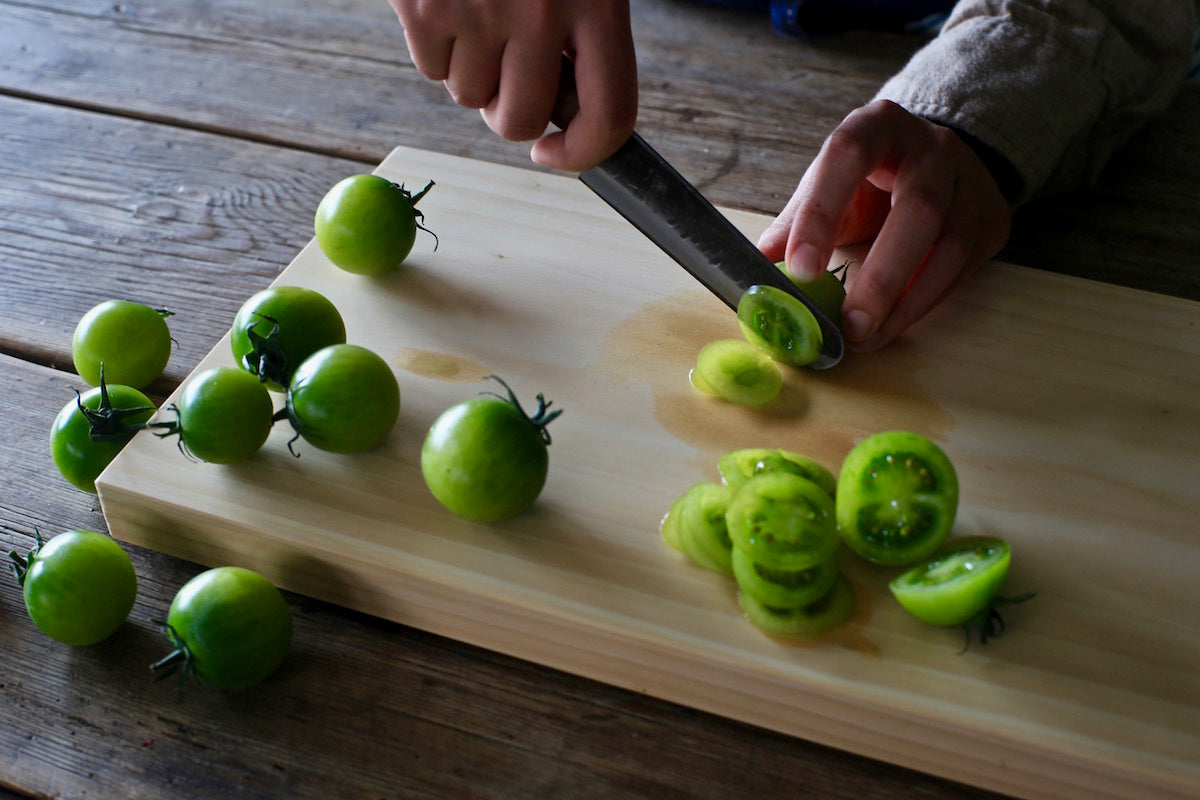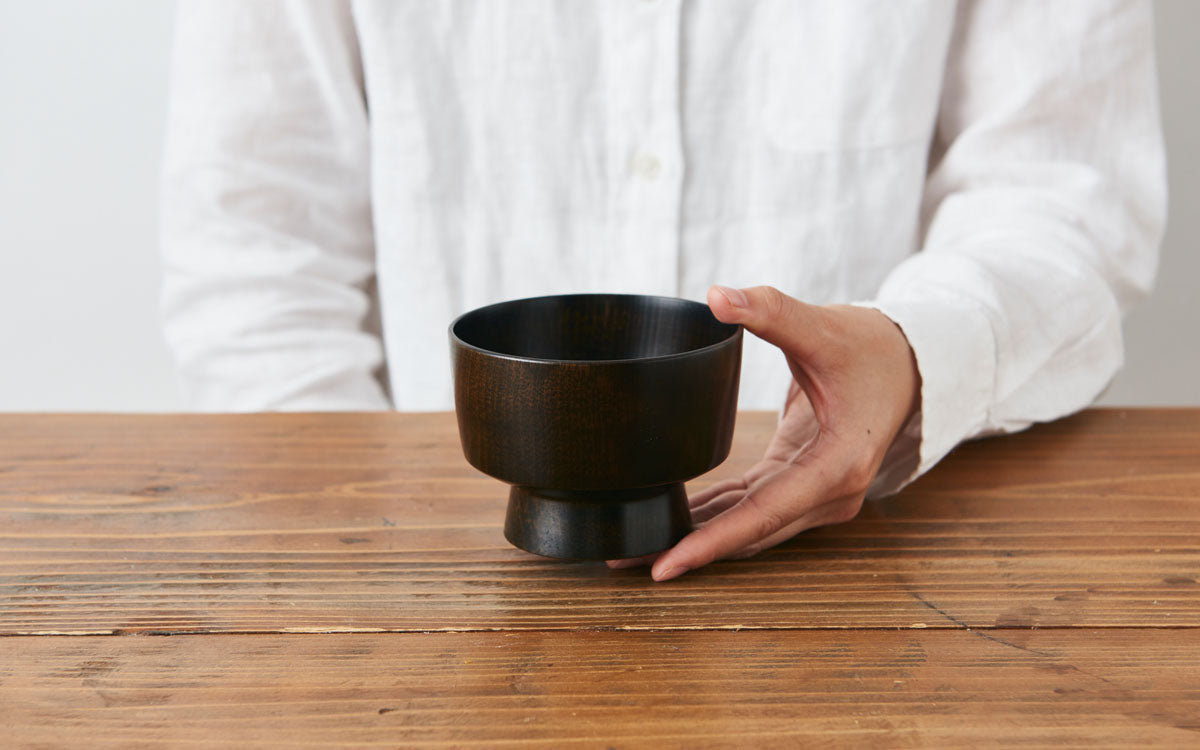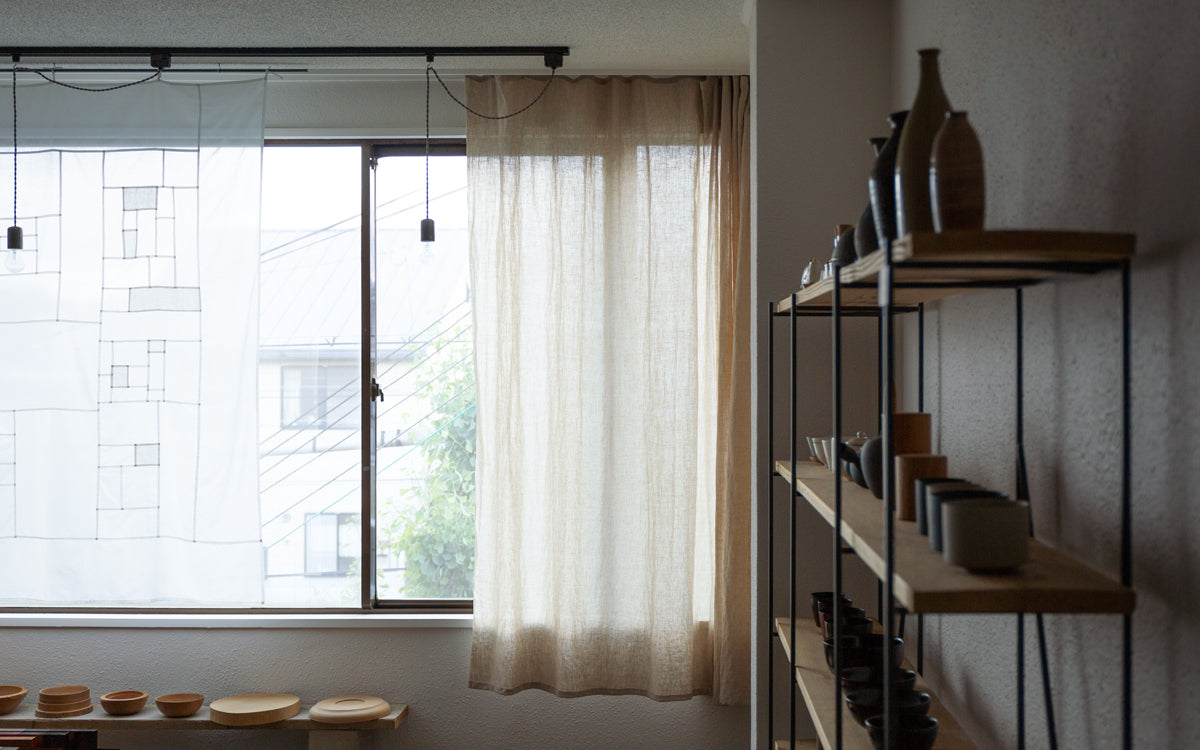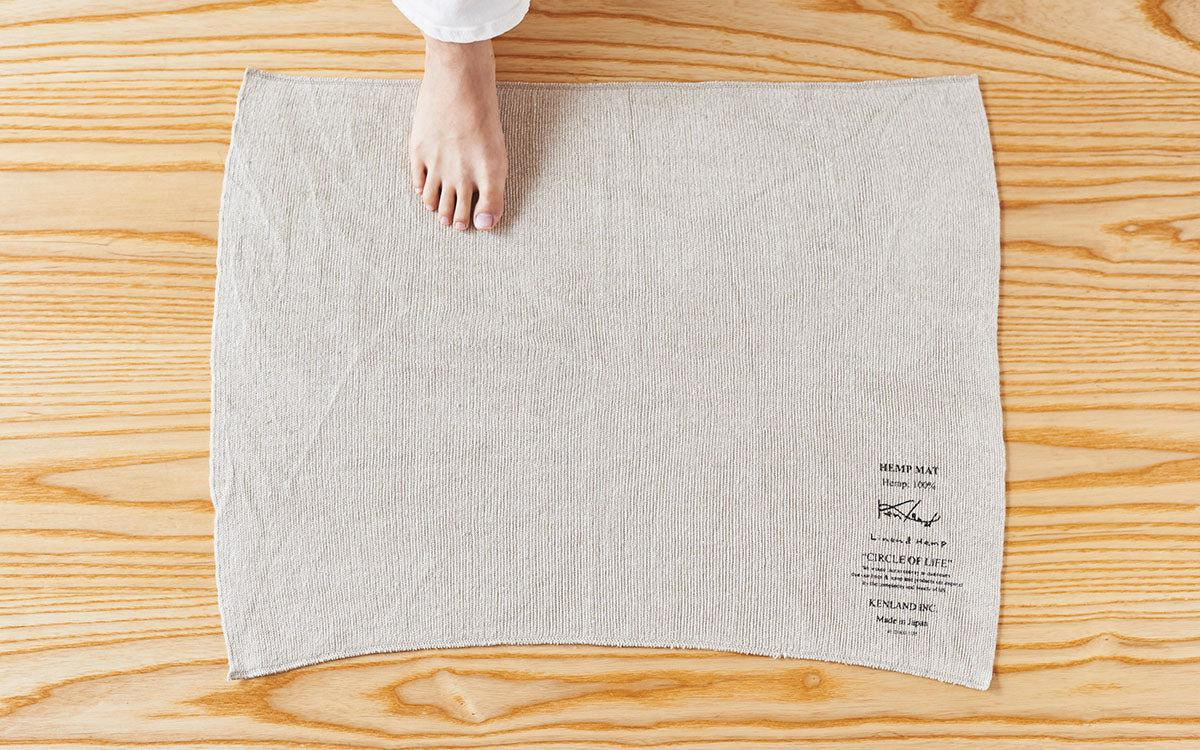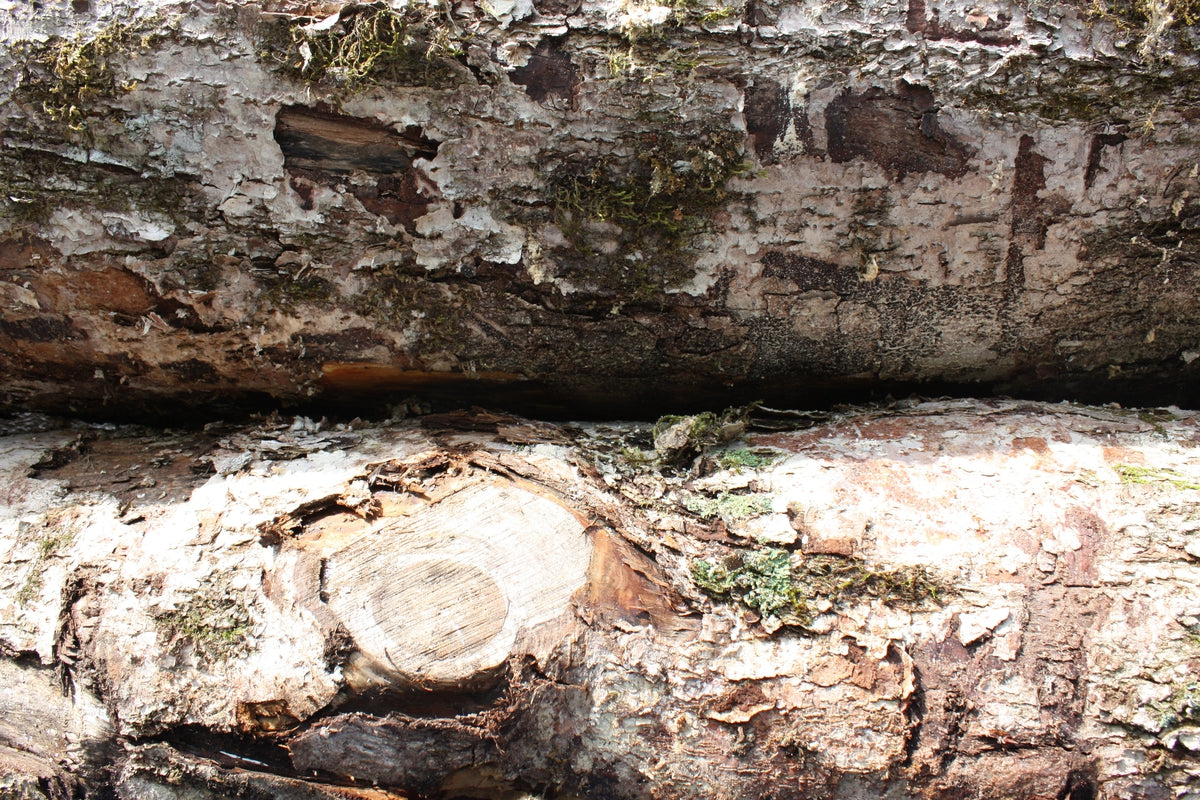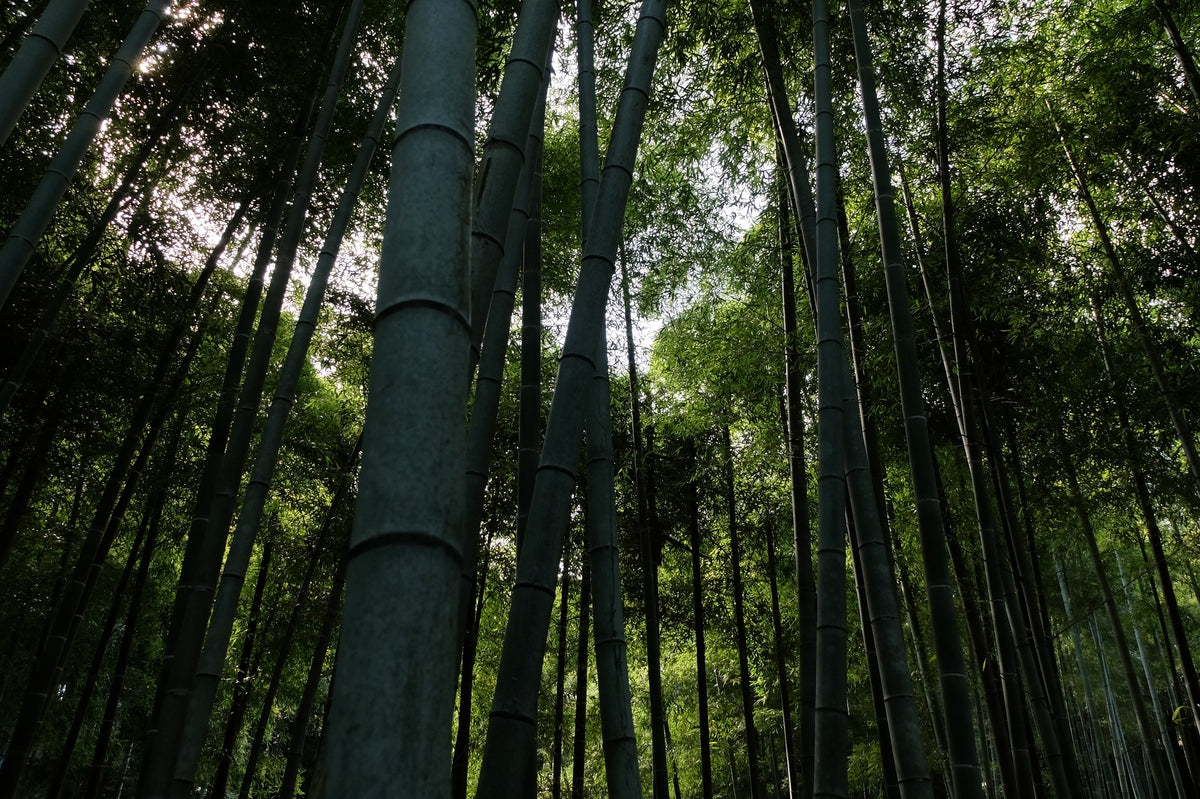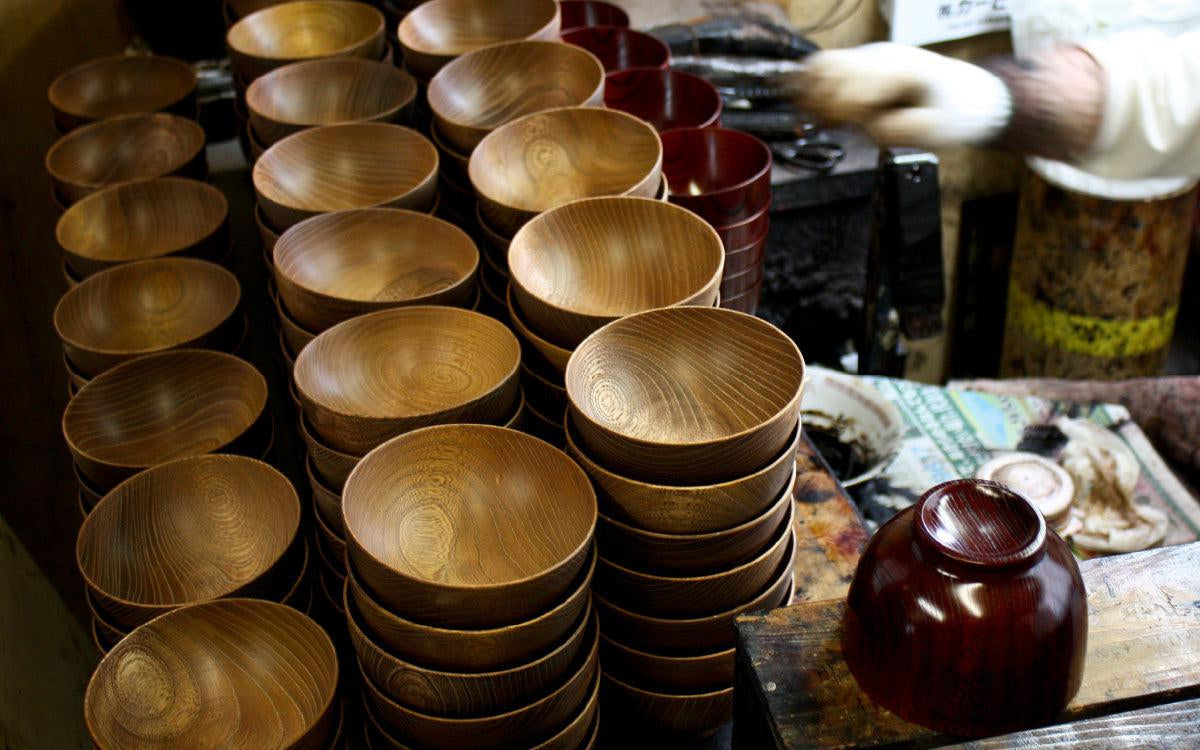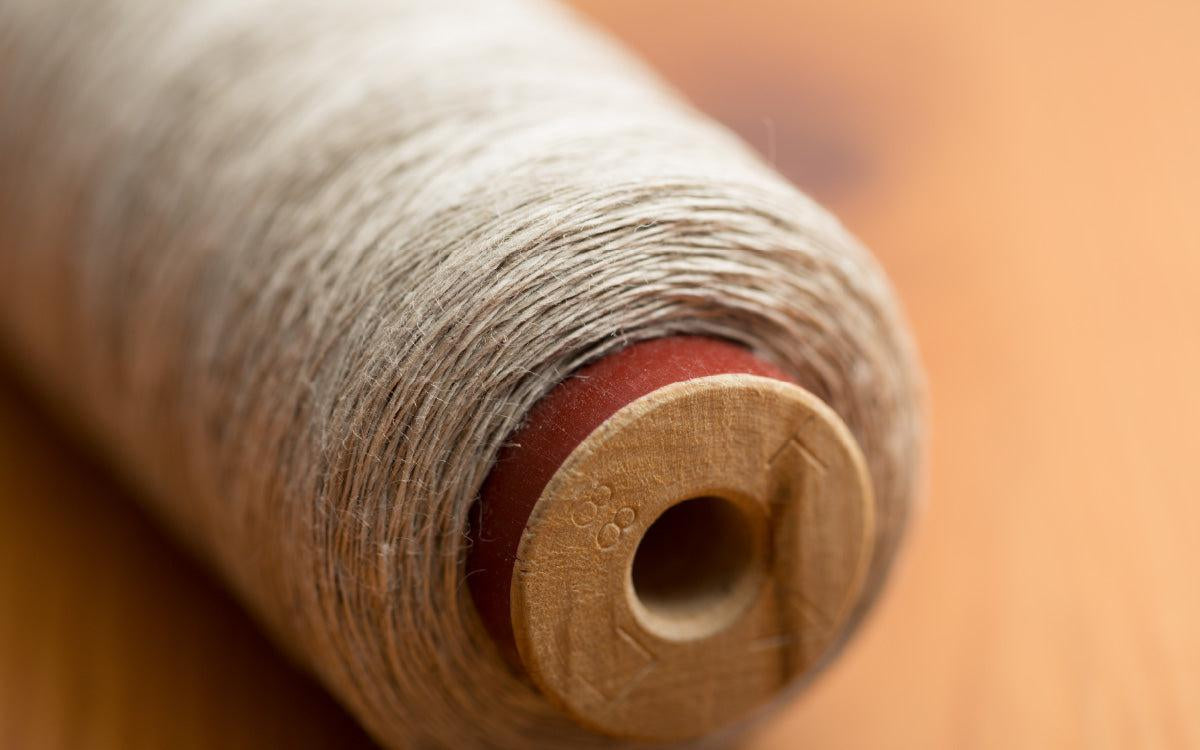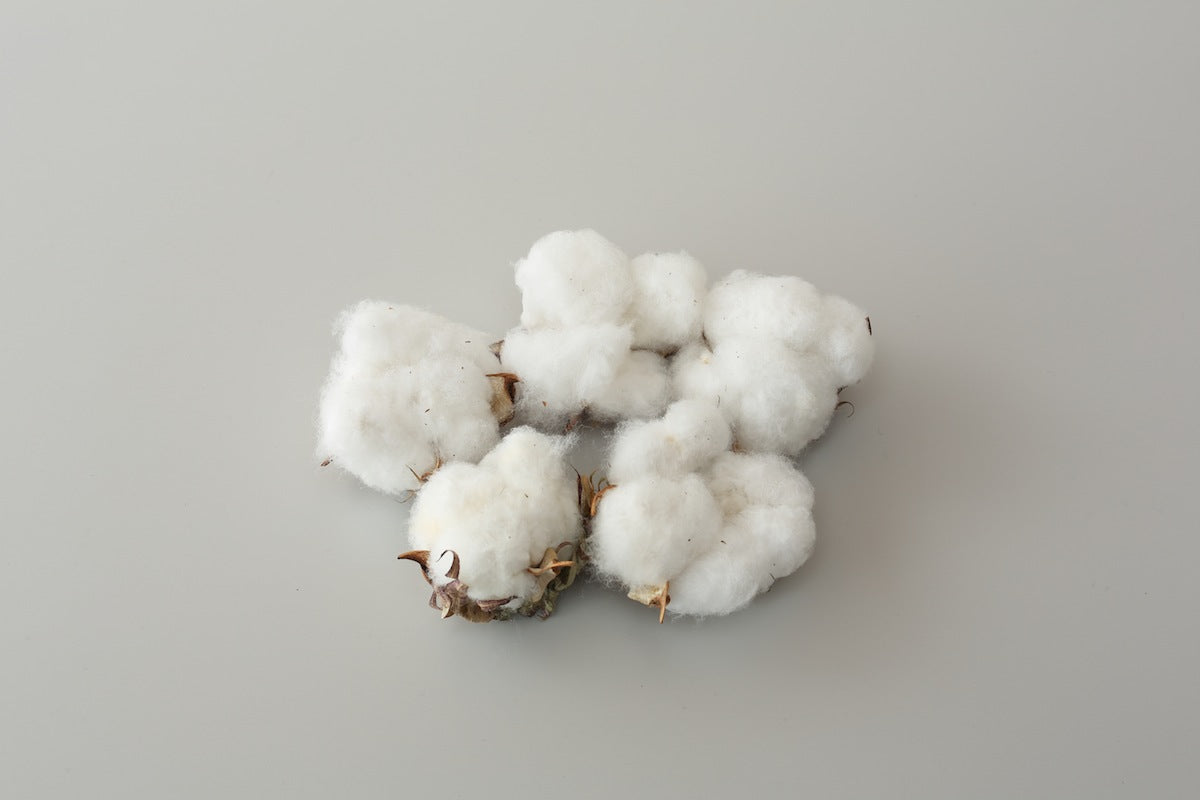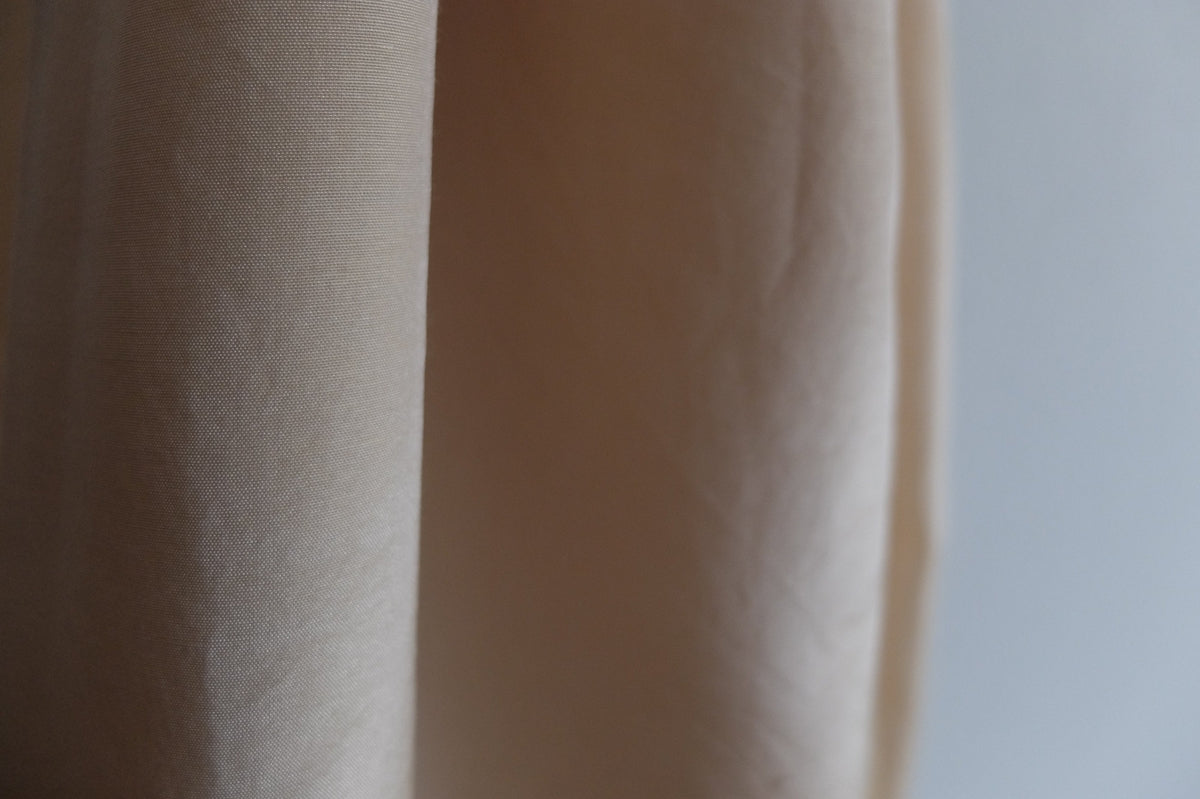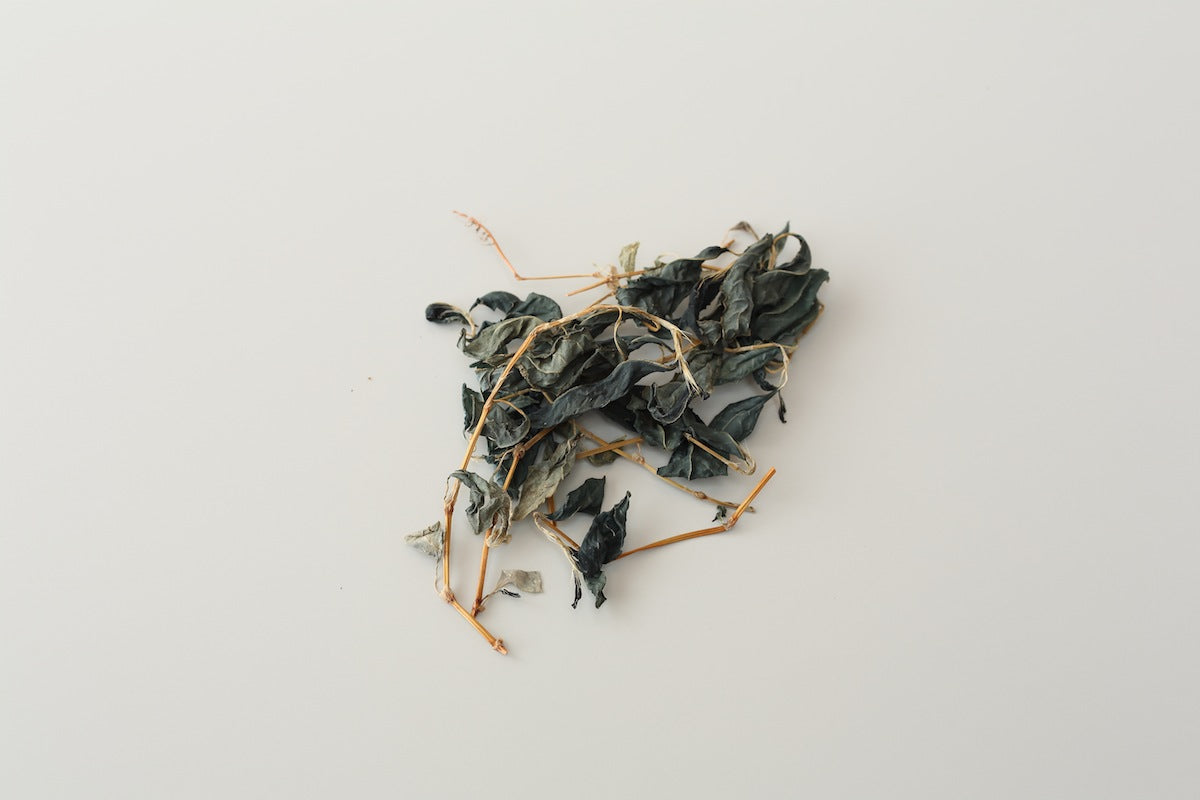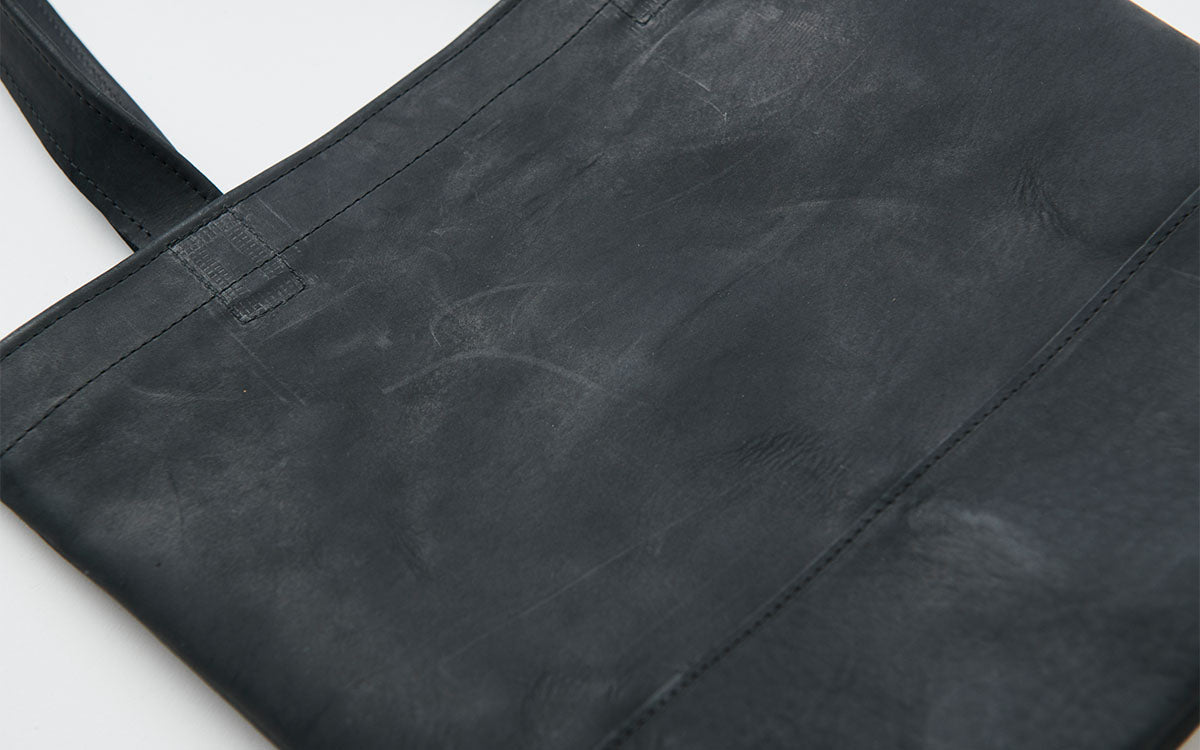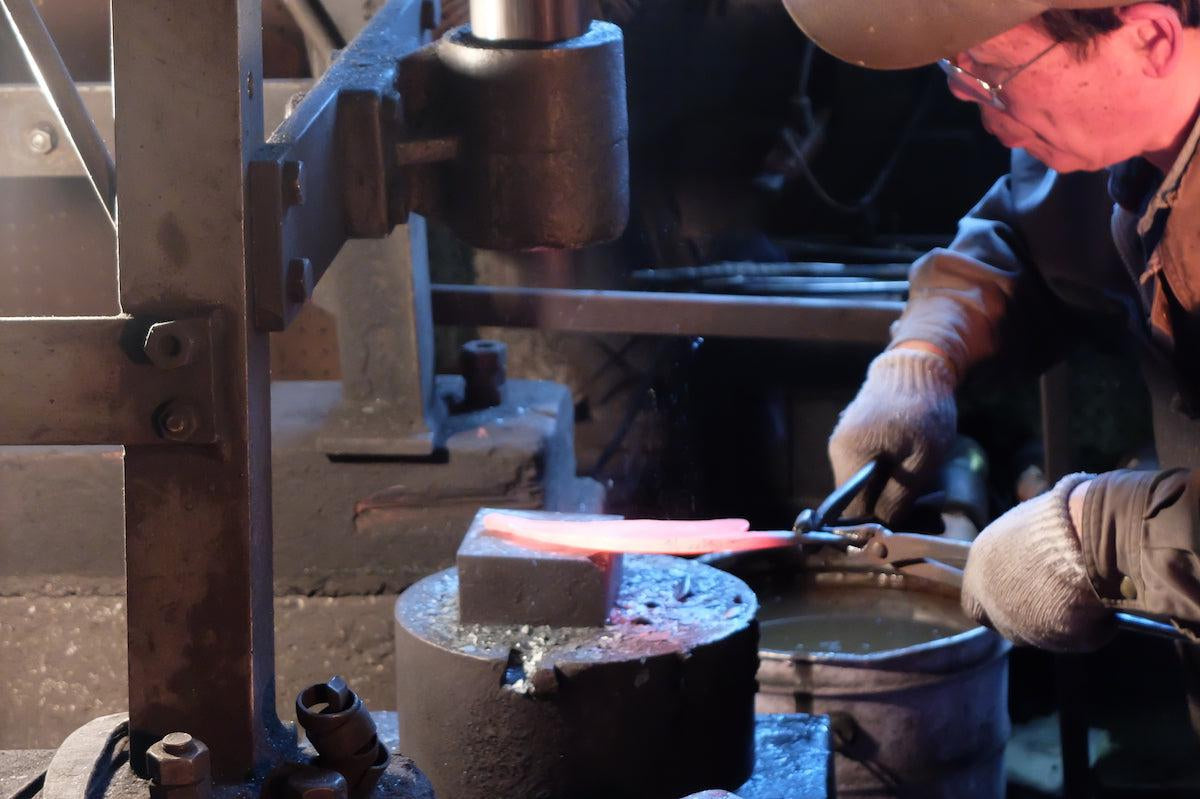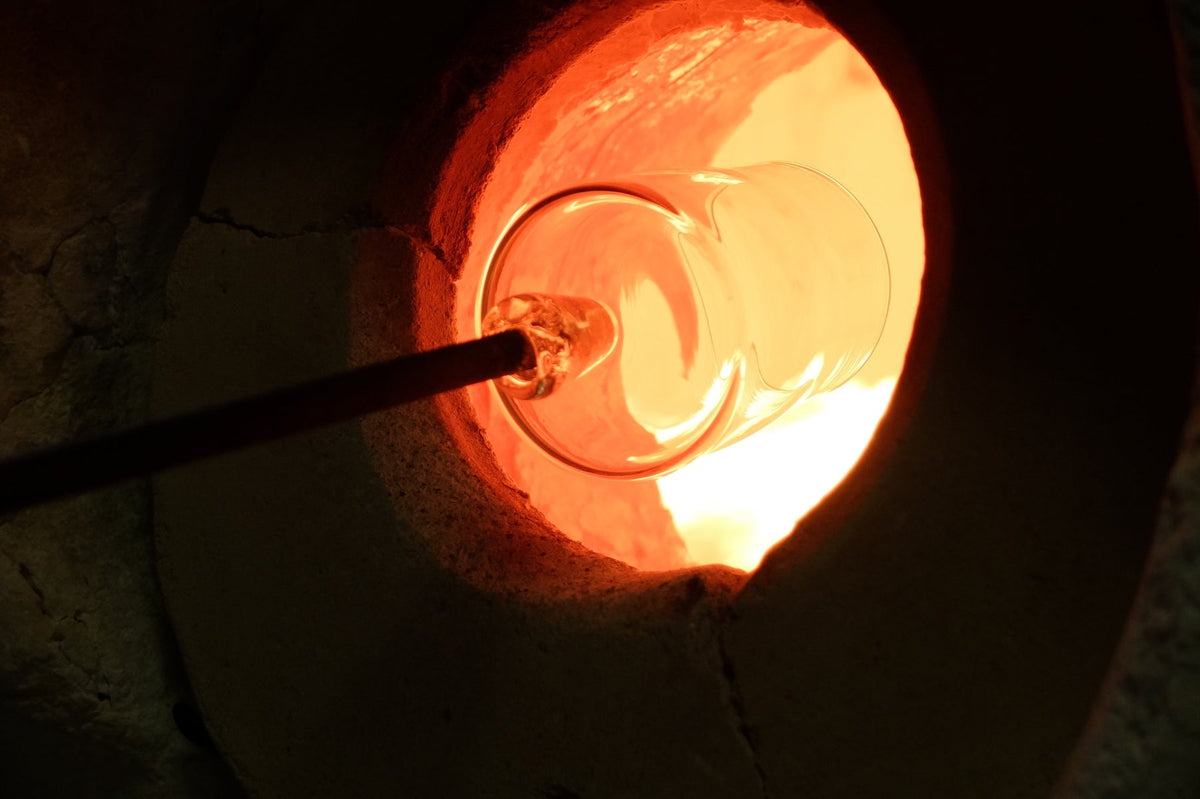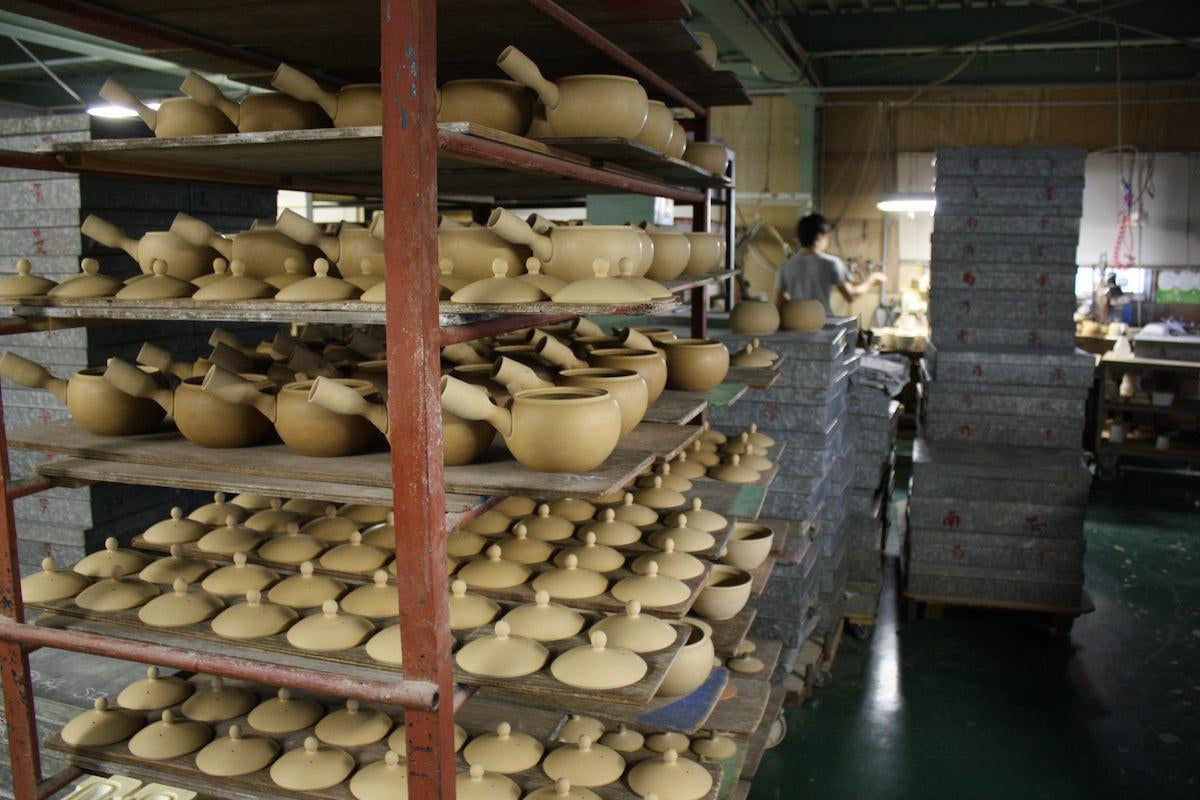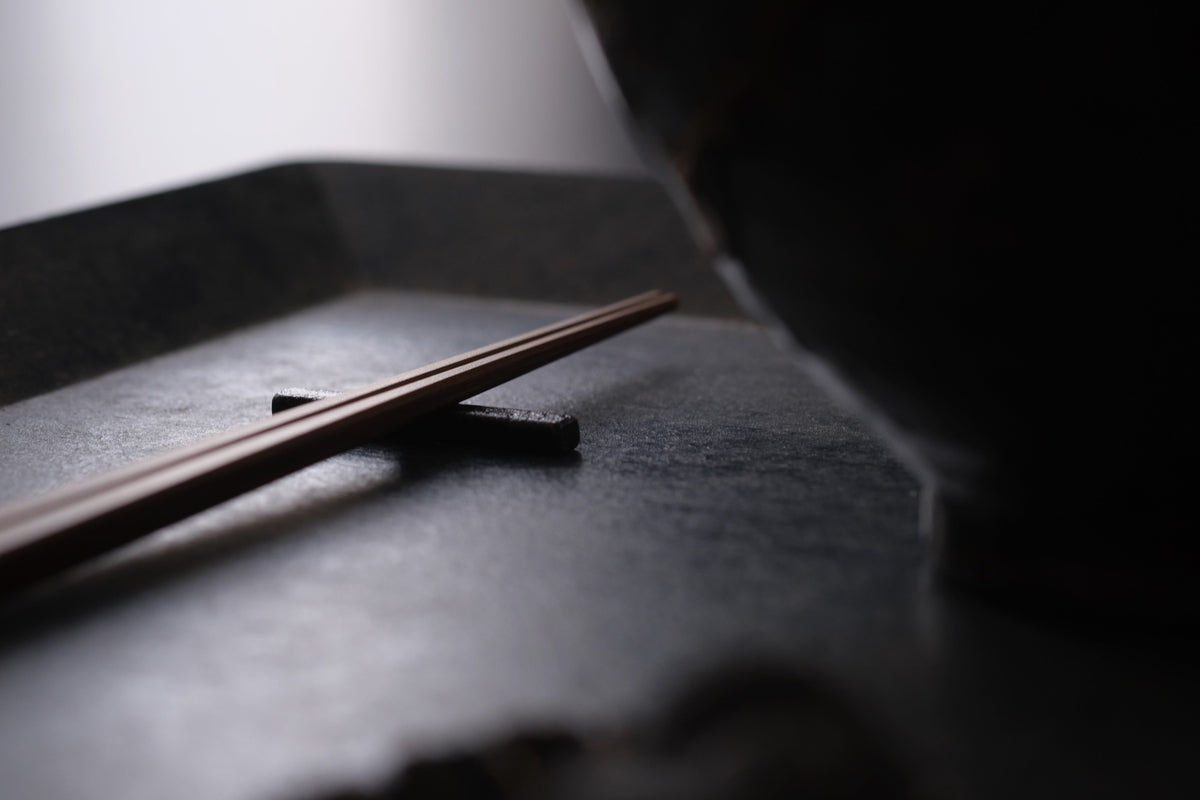Bamboo Spoon Wiping Lacquer Black
Regular price
¥4,180
(税込)
Regular price
(税込)Sale price
¥4,180
(税込)
Unit price
per
在庫数: 16
Couldn't load pickup availability
We received many requests from customers who use wooden plates and wipe-lacquerware, saying, "I want wooden cutlery because metal cutlery will scratch the wipe-lacquer and wooden utensils." This is a series of bamboo cutlery made through repeated trial and error.
Metal cutlery has long been popular in situations where it is used as a set with porcelain, such as in Western cuisine, and in situations where metal utensils are used as well, such as in Korea. Today's dining tables in Japan use tableware made from a variety of materials, including ceramics, wood, and glass. It's not only shaped like a plate, but I think it's more like a bowl or bowl, so it's often difficult to use metal cutlery.
On the other hand, there are many wooden spoons and forks, but due to the characteristics of the material, many of them are thick, and I felt that many of them were used with the feeling of "enjoying wooden materials" as a priority.
I want to make it with a thin shape that is close to the stainless steel cutlery that I am used to, and with a material that is soft to the touch. With that in mind, I decided to use bamboo as the material. Bamboo is more flexible than wood, and can be split along the direction of its fibers into very fine pieces. We have worked with a workshop in Kyoto that deals with tea utensils, and have tried many prototypes to make it as thin as possible. It is made by drying and sawing bamboo from the bamboo grove in Kyoto, which is managed by the studio.
Metal cutlery has long been popular in situations where it is used as a set with porcelain, such as in Western cuisine, and in situations where metal utensils are used as well, such as in Korea. Today's dining tables in Japan use tableware made from a variety of materials, including ceramics, wood, and glass. It's not only shaped like a plate, but I think it's more like a bowl or bowl, so it's often difficult to use metal cutlery.
On the other hand, there are many wooden spoons and forks, but due to the characteristics of the material, many of them are thick, and I felt that many of them were used with the feeling of "enjoying wooden materials" as a priority.
I want to make it with a thin shape that is close to the stainless steel cutlery that I am used to, and with a material that is soft to the touch. With that in mind, I decided to use bamboo as the material. Bamboo is more flexible than wood, and can be split along the direction of its fibers into very fine pieces. We have worked with a workshop in Kyoto that deals with tea utensils, and have tried many prototypes to make it as thin as possible. It is made by drying and sawing bamboo from the bamboo grove in Kyoto, which is managed by the studio.
The shape of the surface of the spoon has been carefully examined, and in order to make it thin and to improve the mouthfeel, it should not be too thick. The depth of the surface is made shallower. If you just make it thin and shallow, it's easy to make, but it's hard to use. Considering the smoothness and smoothness of the movement when it enters the mouth, the surface of the spoon is shaped like a drop rather than an ellipse. Also, I made it so that there is a little pool toward the tip. By doing this, even liquids such as soup It is easy to scoop.
In addition, the pattern has also been devised. I'm just doing a little bit of bending. If it's straight, it doesn't need any processing, but when you actually bring it to your mouth, the ease of use depends on whether you bend it or not. At first glance, you can't see the angle, but the angle is very thin from the middle of the handle to the surface.
In this way, the bare wood (main body) is completed, and then the coating finish. Without coating, the resistance to water and oil is weak, and maintenance becomes difficult. The urethane coating loses the feel of the bamboo, and the smell when scooping hot things is a concern. Bamboo processing and lacquering are completely different craftsmen, so the price goes up considerably (this is one of the reasons why urethane coating is often used), but the finish is wiped lacquer.
The front part of the handle with knots is the outer skin of the bamboo. This part repels moisture and lacquer well and does not stick even if painted, so the color of the outer skin of the bamboo remains.
There are two types of colors: “raw lacquer (brown)” and “black lacquer”.
“Raw lacquer (brown)” is refined lacquer by removing dust from lacquer sap collected from lacquer trees. It can be said that it is the color of so-called "lacquer". Depending on the wood to be painted, it will be finished in a bright brown color.
"Black lacquer" is lacquer that is blackened by mixing pine smoke with lacquer and reacting with it. It's not a pigment, it's a black unique to lacquer.
In this way, the bare wood (main body) is completed, and then the coating finish. Without coating, the resistance to water and oil is weak, and maintenance becomes difficult. The urethane coating loses the feel of the bamboo, and the smell when scooping hot things is a concern. Bamboo processing and lacquering are completely different craftsmen, so the price goes up considerably (this is one of the reasons why urethane coating is often used), but the finish is wiped lacquer.
The front part of the handle with knots is the outer skin of the bamboo. This part repels moisture and lacquer well and does not stick even if painted, so the color of the outer skin of the bamboo remains.
There are two types of colors: “raw lacquer (brown)” and “black lacquer”.
“Raw lacquer (brown)” is refined lacquer by removing dust from lacquer sap collected from lacquer trees. It can be said that it is the color of so-called "lacquer". Depending on the wood to be painted, it will be finished in a bright brown color.
"Black lacquer" is lacquer that is blackened by mixing pine smoke with lacquer and reacting with it. It's not a pigment, it's a black unique to lacquer.
When you try it, you will be able to experience the softness of the mouthfeel and the gentle texture. Metal cutlery sometimes mixes the taste of ingredients with the taste of metal, but you don't have to worry about that with this spoon.
The cutlery is something that touches the mouth directly, but it is made from only bamboo and lacquer, so it is also recommended as a gift.
【material】
bamboo kyoto
Wipe lacquer black lacquer
【size】
Total length: 18.4cm
Spoon surface width (widest width): about 3.5cm
[About care]
・Please avoid soaking in water for a long time.
・Avoid washing with a hard brush. The lacquer coating may be scraped off.
・After washing with water, wipe off the water with a cloth.
[About individual differences]
- Uses natural bamboo. The positions of the knots on the handle are different. If you have a preference for the position of the knot, please let us know when ordering. If you order more than one, we will choose the one closest to you. Please note that all of them will be supported within the range of stock.
・Similarly, how the color of the wiping lacquer is applied differs depending on the individual bamboo. Although the wipe lacquer has been applied enough times, there may be a slight difference in color shade from the photo.
【material】
bamboo kyoto
Wipe lacquer black lacquer
【size】
Total length: 18.4cm
Spoon surface width (widest width): about 3.5cm
[About care]
・Please avoid soaking in water for a long time.
・Avoid washing with a hard brush. The lacquer coating may be scraped off.
・After washing with water, wipe off the water with a cloth.
[About individual differences]
- Uses natural bamboo. The positions of the knots on the handle are different. If you have a preference for the position of the knot, please let us know when ordering. If you order more than one, we will choose the one closest to you. Please note that all of them will be supported within the range of stock.
・Similarly, how the color of the wiping lacquer is applied differs depending on the individual bamboo. Although the wipe lacquer has been applied enough times, there may be a slight difference in color shade from the photo.
*Frequently Asked Questions/Supplementary Comments*
・There are two colors of “raw lacquer (brown)” and “black lacquer”, two sizes of “spoon (large)” and “small spoon (small)”, and a “fork” for each color and size.





